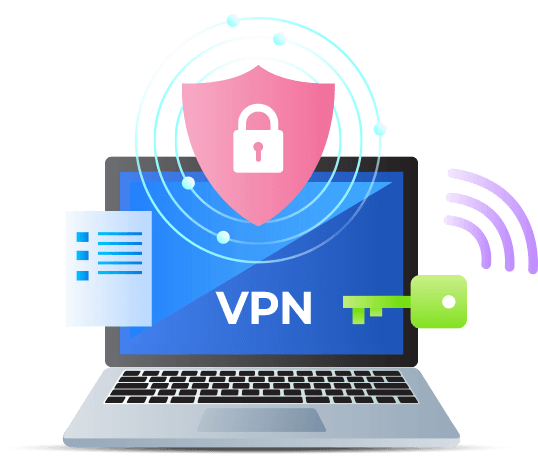
A VPN works to keep you anonymous by providing a service that channels and encrypts your activity through a “VPN tunnel.” A VPN tunnel uses a server to create an encrypted connection to transmit your activity and traffic.
Consider this illustrative example of “what is a VPN and what does it do.” If you are driving on a road from point A to Point B, your vehicle is susceptible to all of the weather conditions around you. By standers along the side of the road can see into your car and watch your actions.
So, how does a private VPN work using the metaphor above: The road through a tunnel is a metaphor for the encrypted pathway a VPN provides. You’re still driving from point A to point B, you are simply using a tool to protect you from the elements (such as third-parties and cyber spies) and to maintain privacy from any bystanders (such as your internet service provider) outside of the car.

First, ISPs are hackable. And, even if they aren’t hacked, they are legally obligated to provide any information they have gathered from your activities to the government if the government issues a subpoena for it.
Your ISP can collect the following information:
If you use the Internet without VPN and your ISP is hacked, all of that private information about you can be collected, sold, and used against you for monetary gain. Second, an eavesdropper can easily intercept unencrypted data and communications between your computer and the Internet. Your IP address is exposed to advertisers, hackers, thieves and government surveillance. Without a VPN your network is wide open and unprotected.
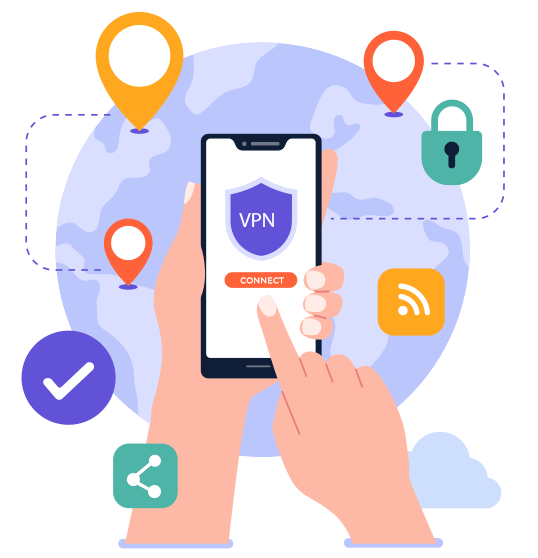
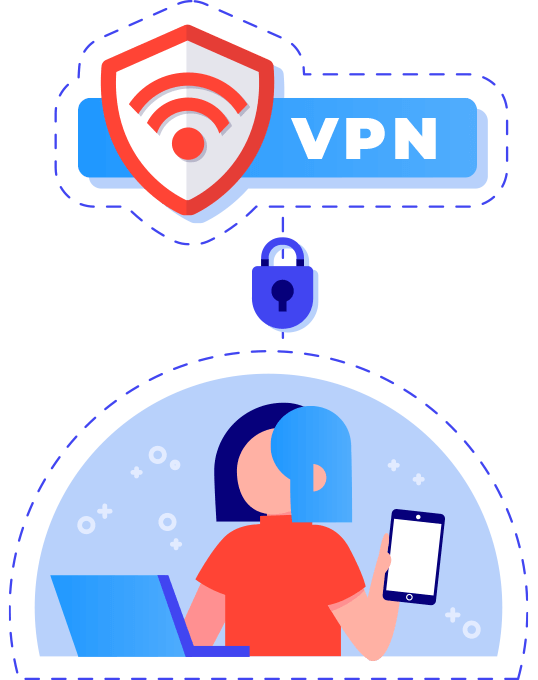
When you access the Internet without VPN, you connect via your ISP (Internet Service Provider), which then connects you to the content you want. Your Internet use can be seen by your ISP’s servers.
In many countries, your ISP can legally sell your data as anonymous browsing logs. This includes your private browsing history, all your traffic, and drilled down to the pages you click on, view, and even how long you stay on those pages. ISPs sell your data to create an additional revenue stream for the ISP company. While they typically sell your private information to marketing agencies and advertisers, they can technically sell it to any third party.
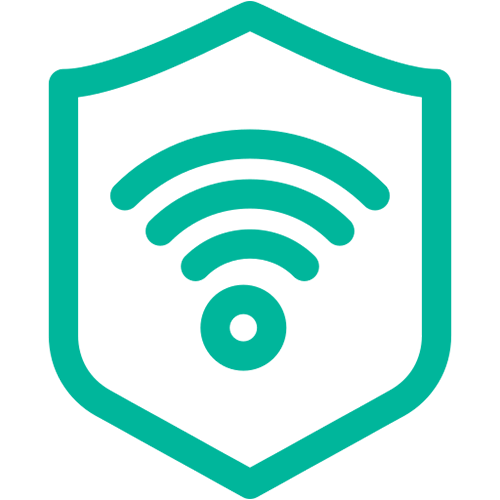
When you use PrivateVPN, you connect to one of our servers via an encrypted connection and it is hidden from your ISP. All transmissions and data that travel from between your device and our VPN server are encrypted so only you and our VPN server can view it — and don’t keep logs of your activity. We believe privacy is a basic human right, and our Swedish laws allow us to protect you.
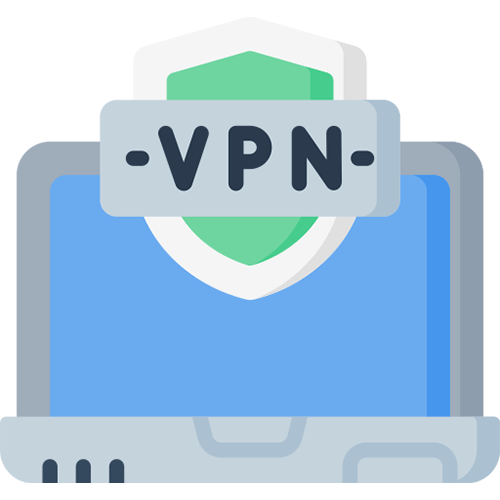
The safety of a VPN depends on the VPN provider. Reliable VPN providers are safe to use. When searching for a VPN provider consider their data logging policies and if they have a history of leaked information. Look into their privacy policies and the steps they take for security. PrivateVPN does not keep any data logging records, has never had a single data breach, and uses military grade encryption.